Student Housing: The Next Big Thing in CRE
While office buildings lie empty and multifamily apartment rentals fall, housing in some college markets may be the commercial real estate industry's shining star.
CBRE data released by the Wall Street Journal shows that sales of student housing units hit a record $22.9 billion in 2022, driven by limited availability and high demand at popular U.S. colleges and institutions.


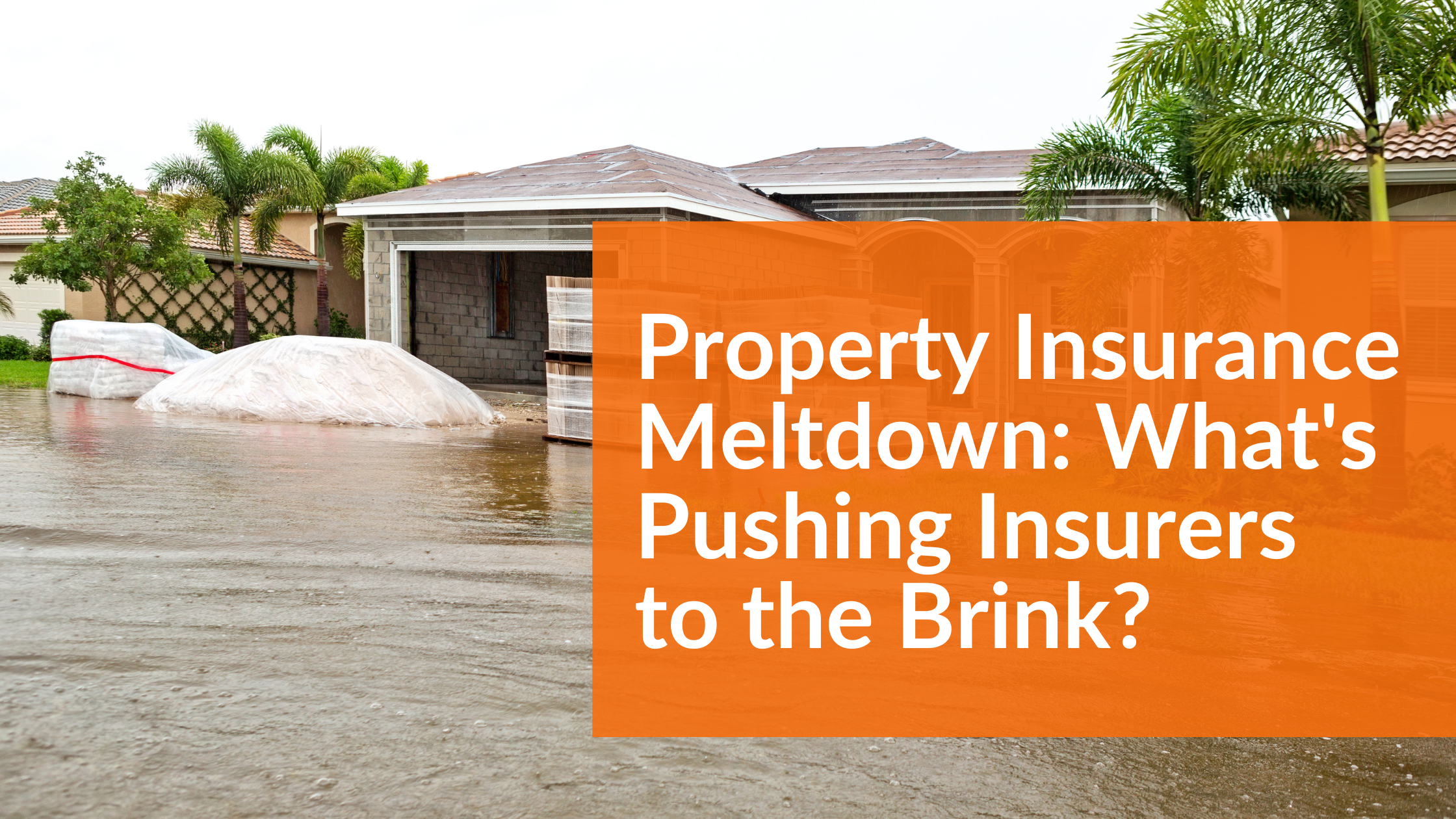

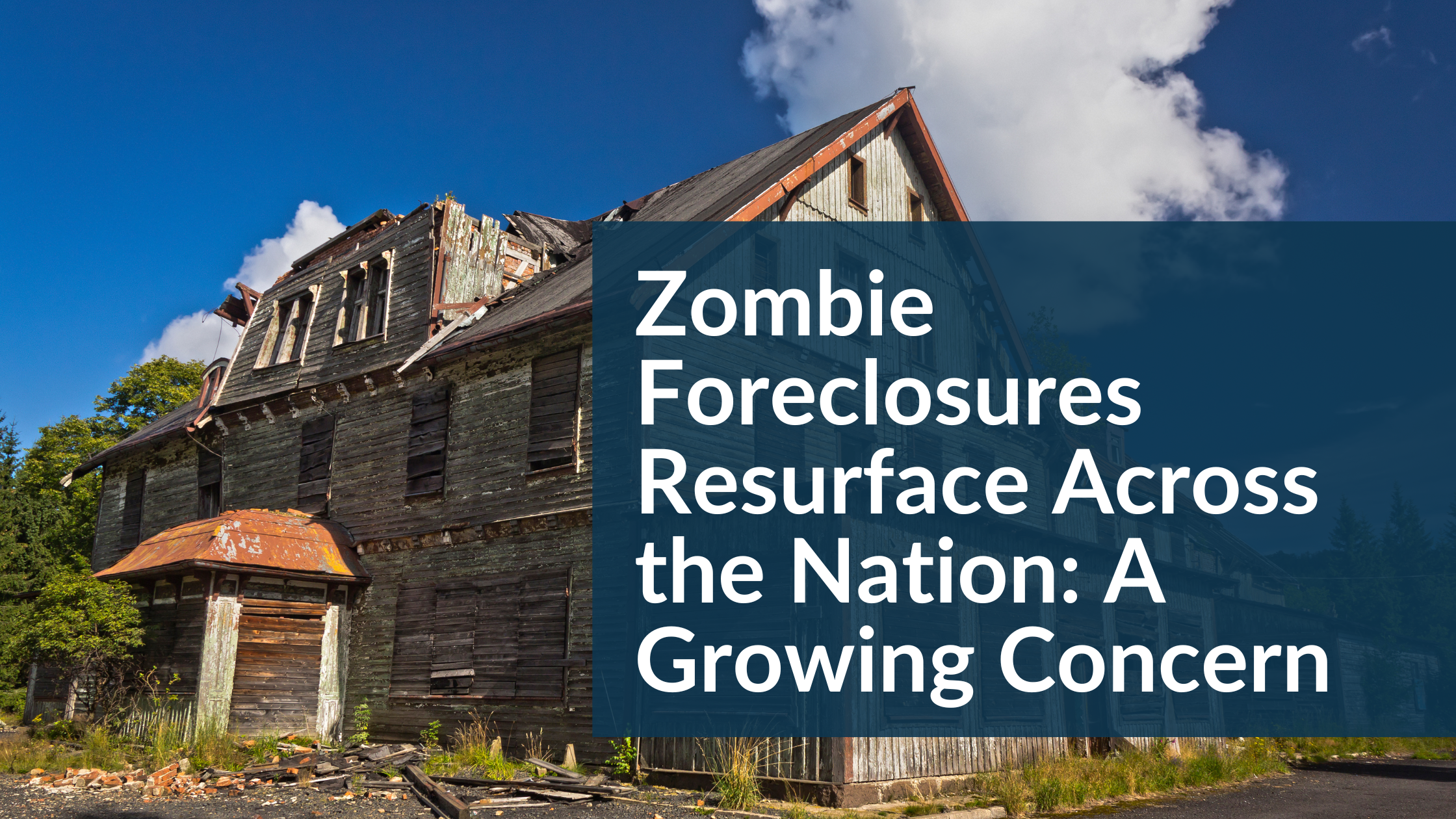
.png)
.png)
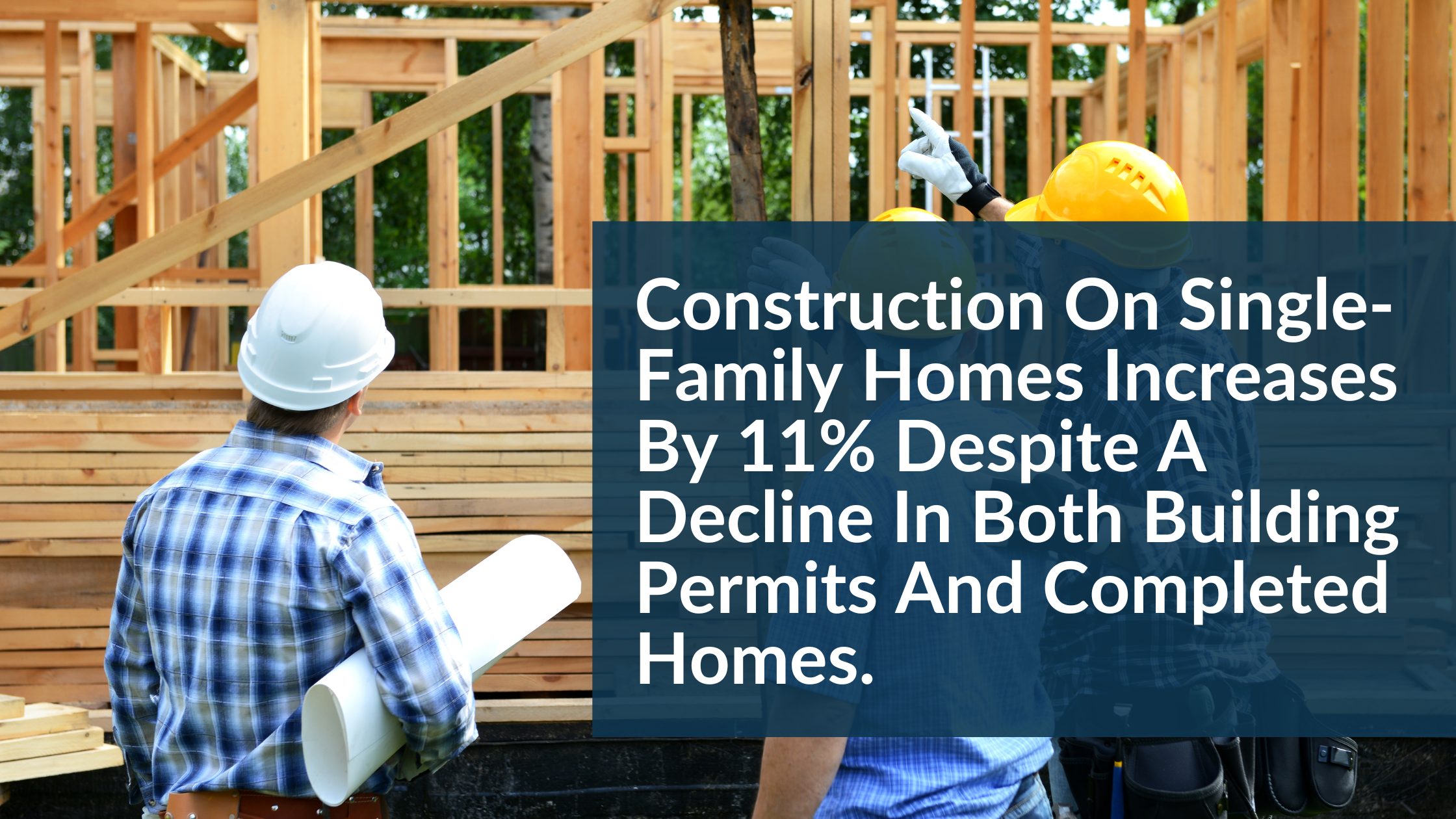
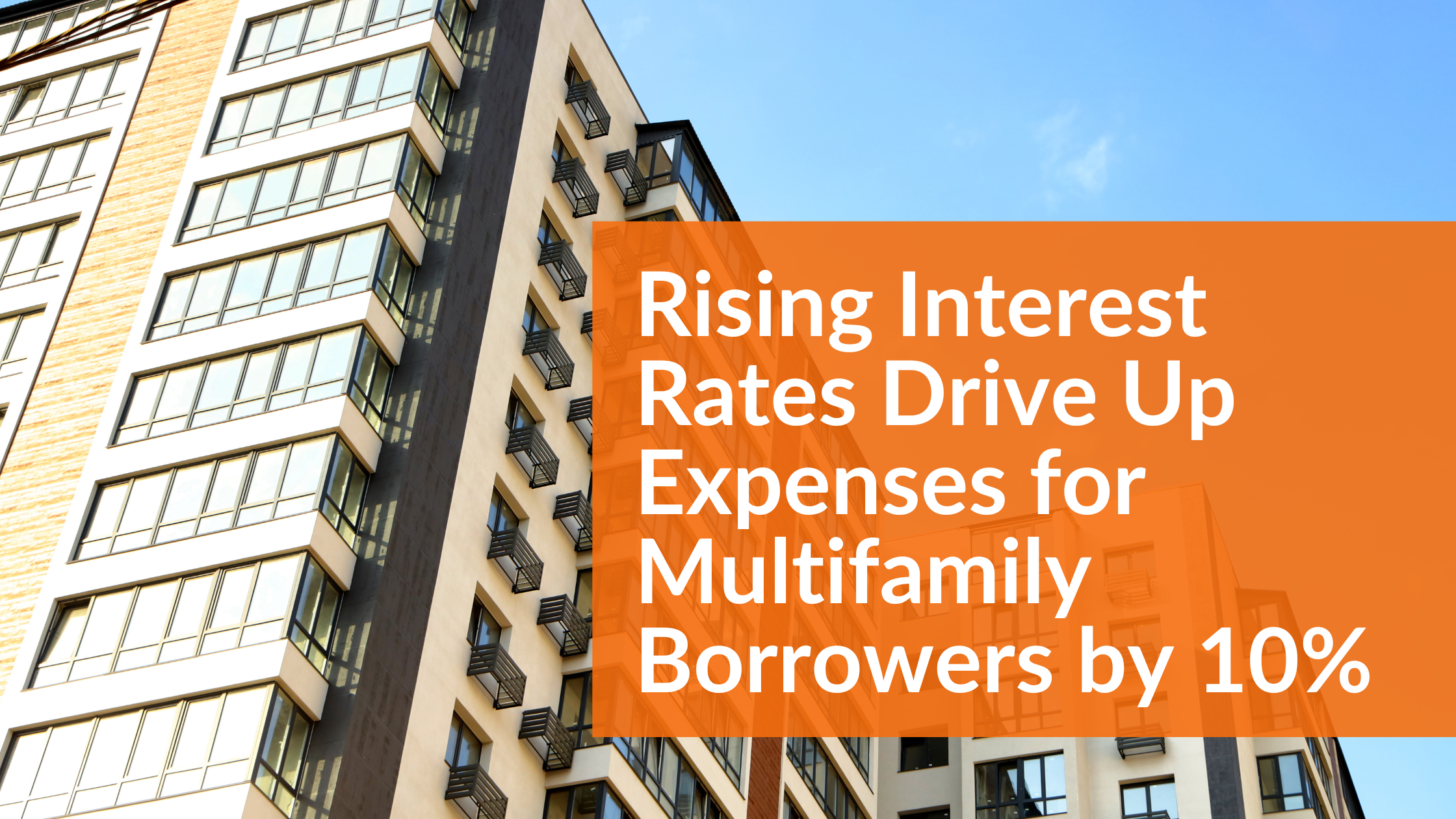
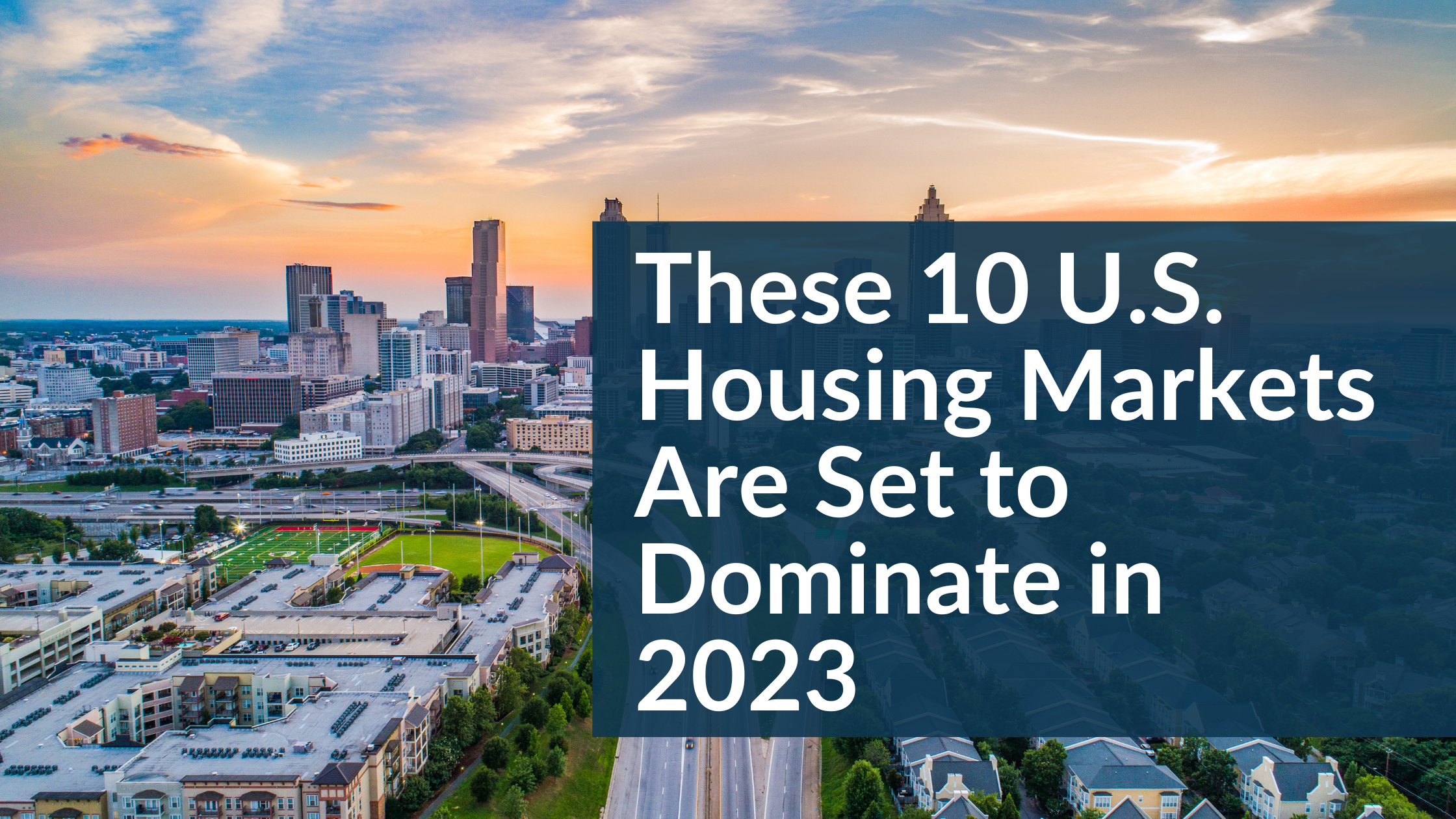
.png)